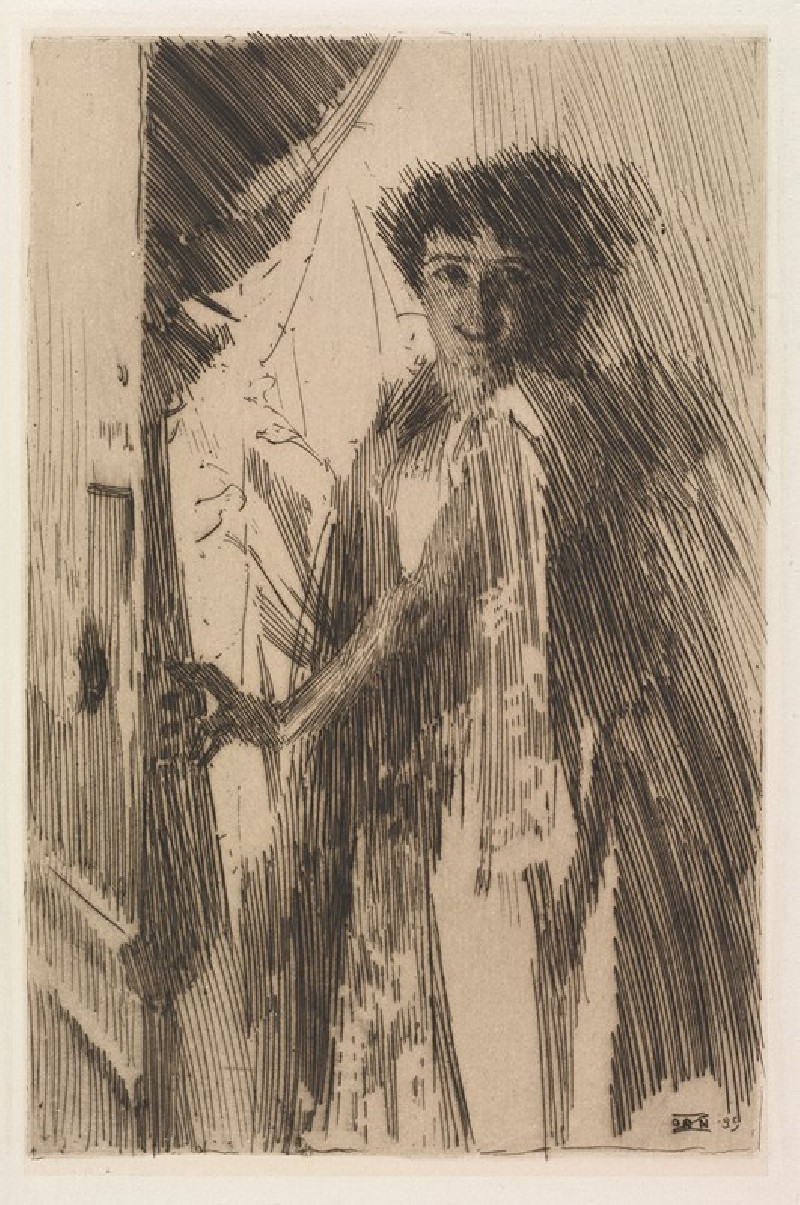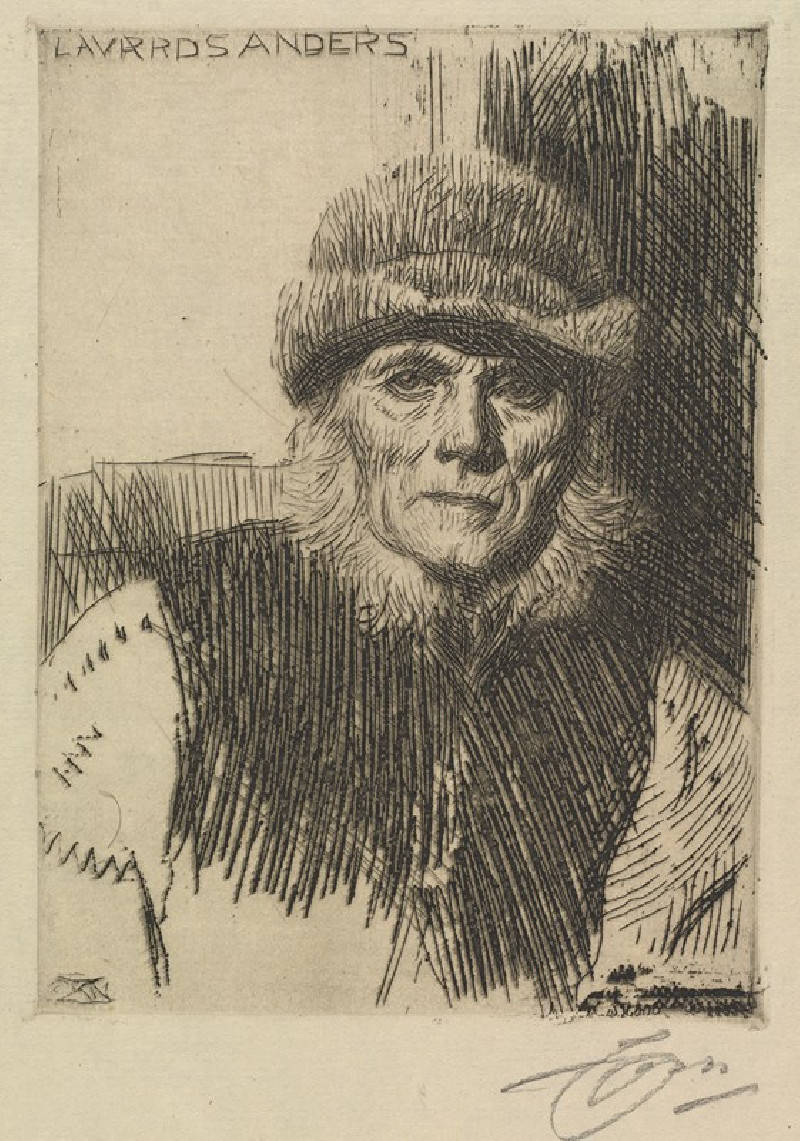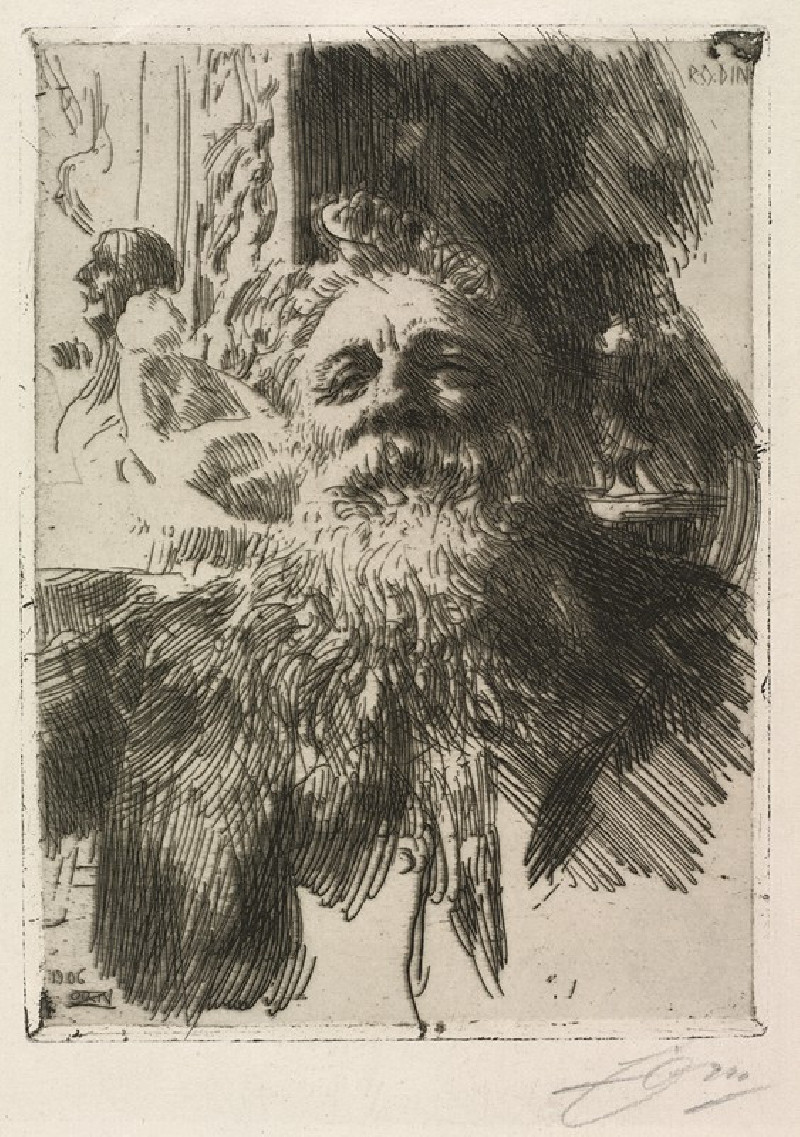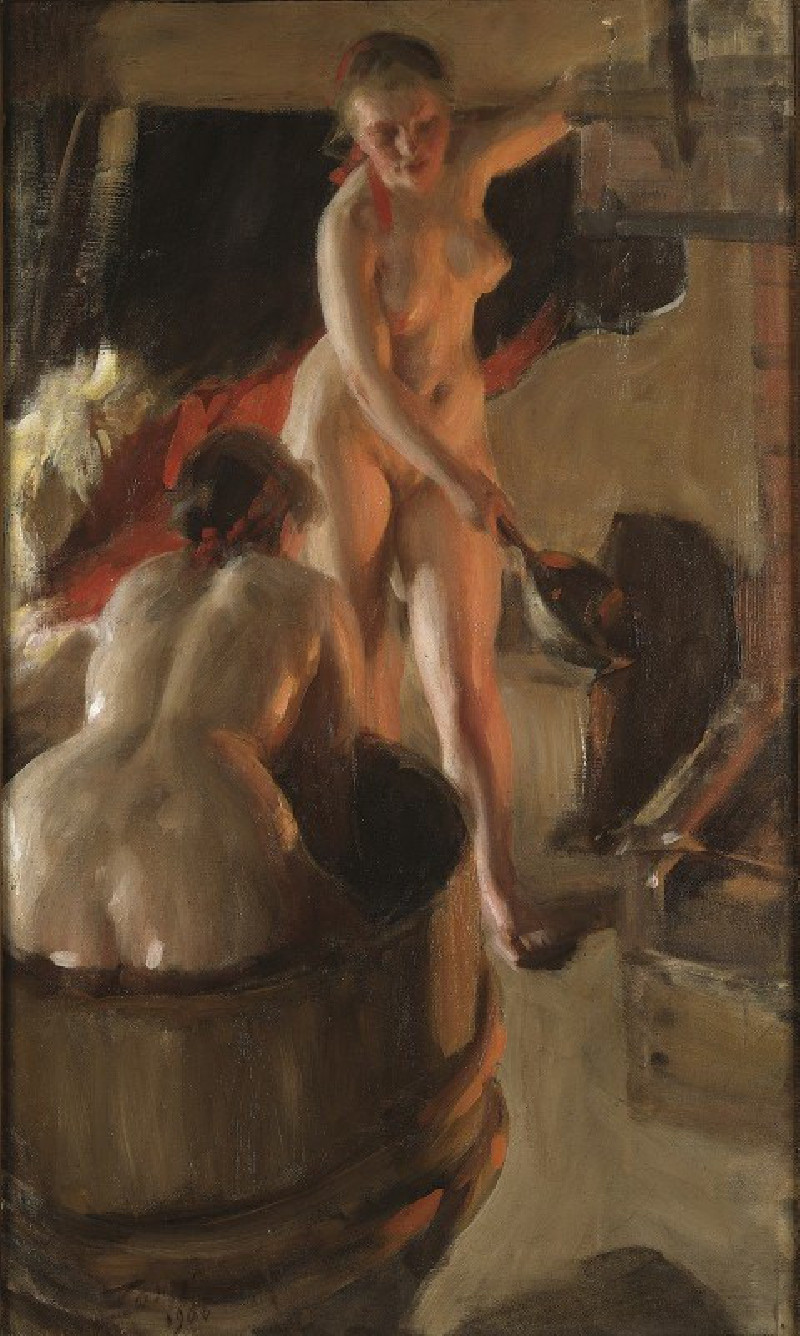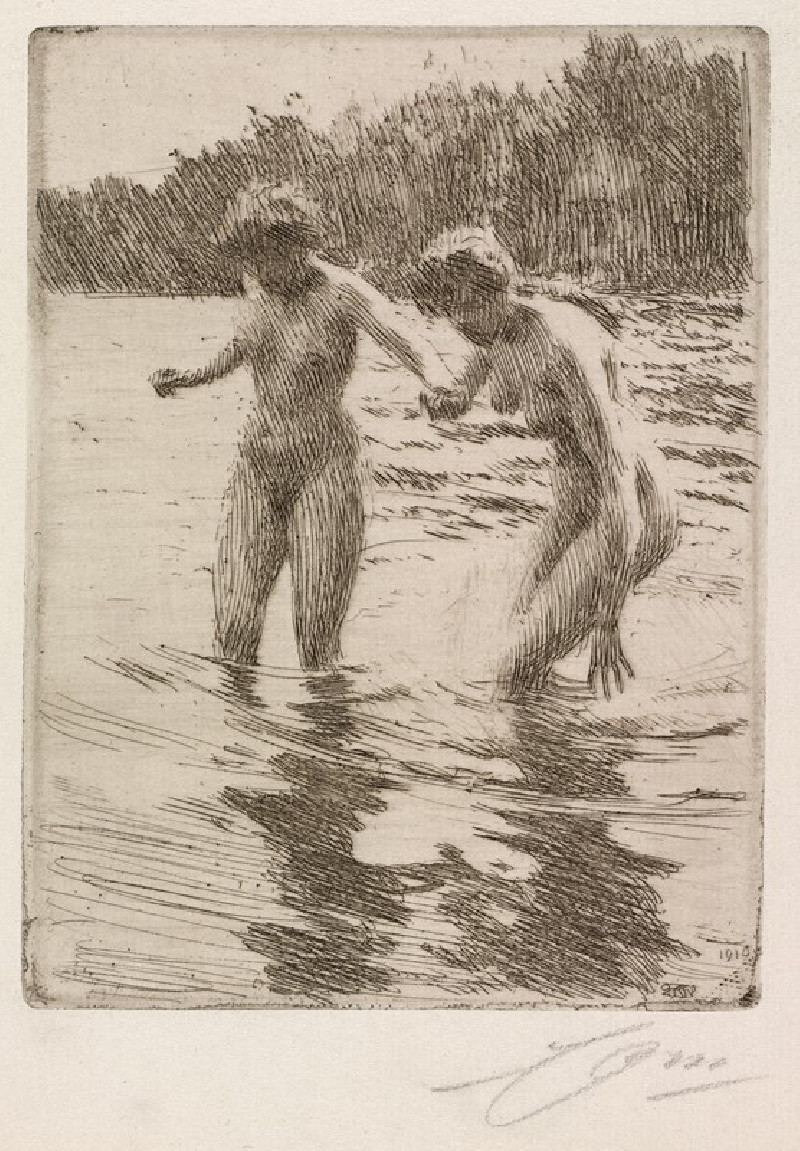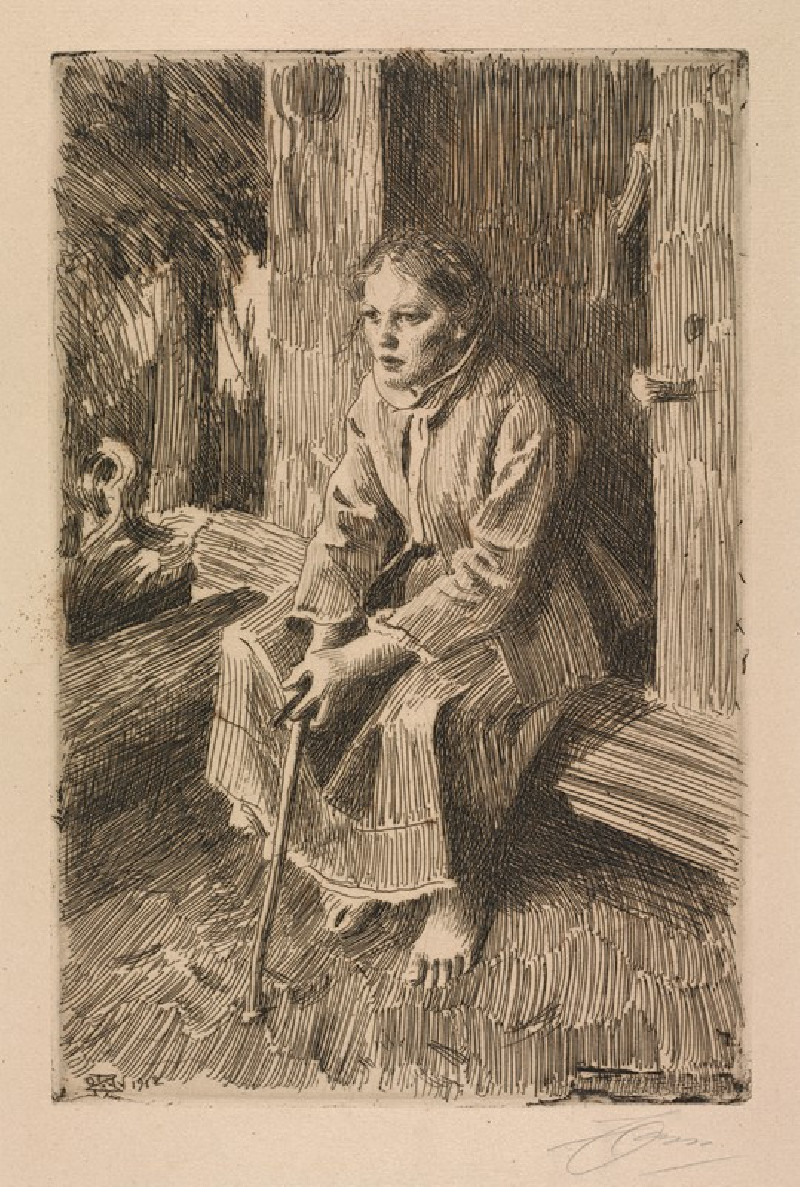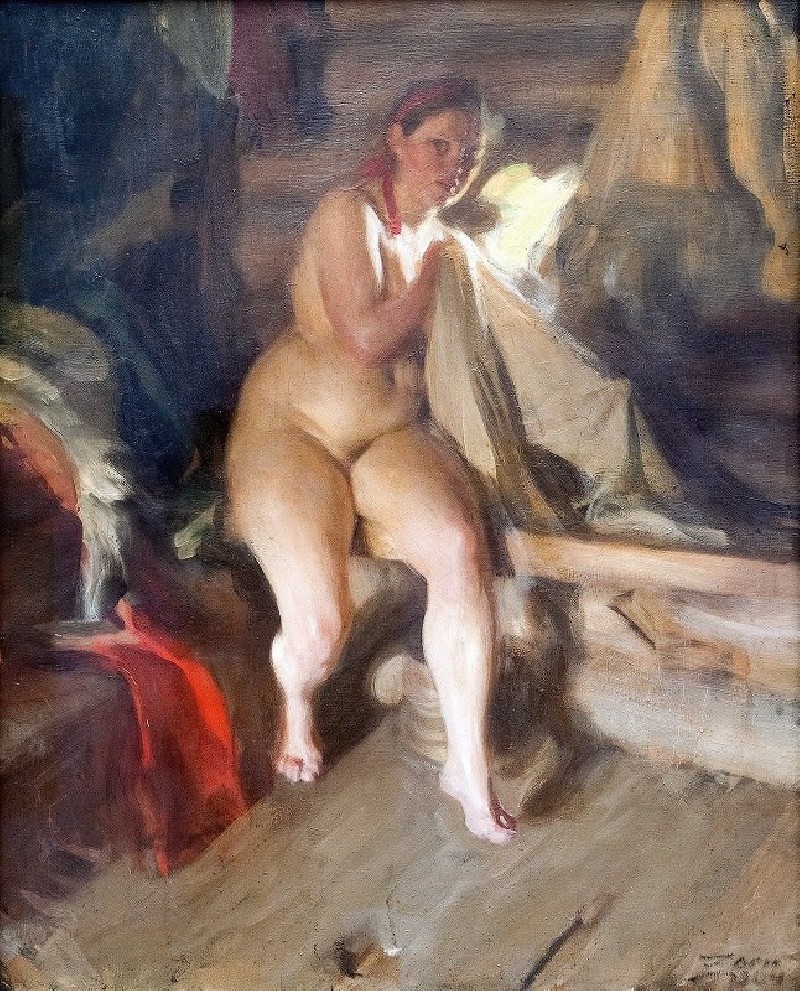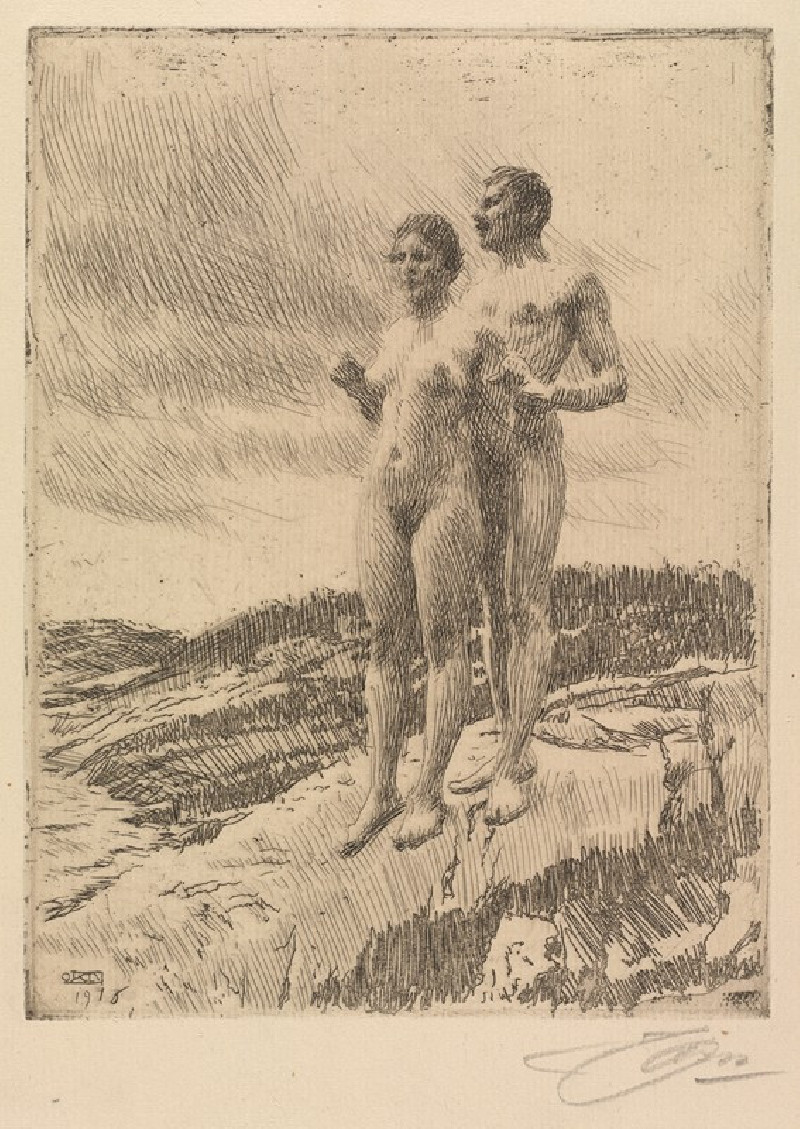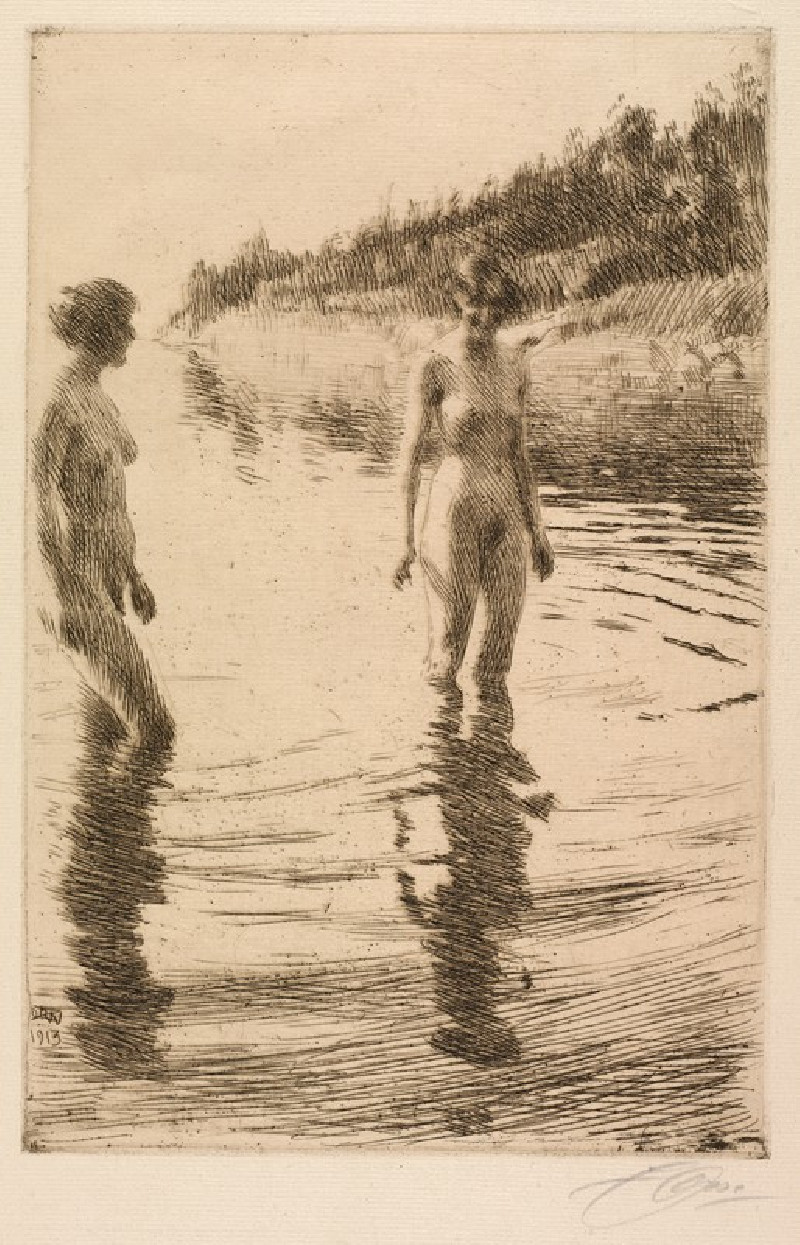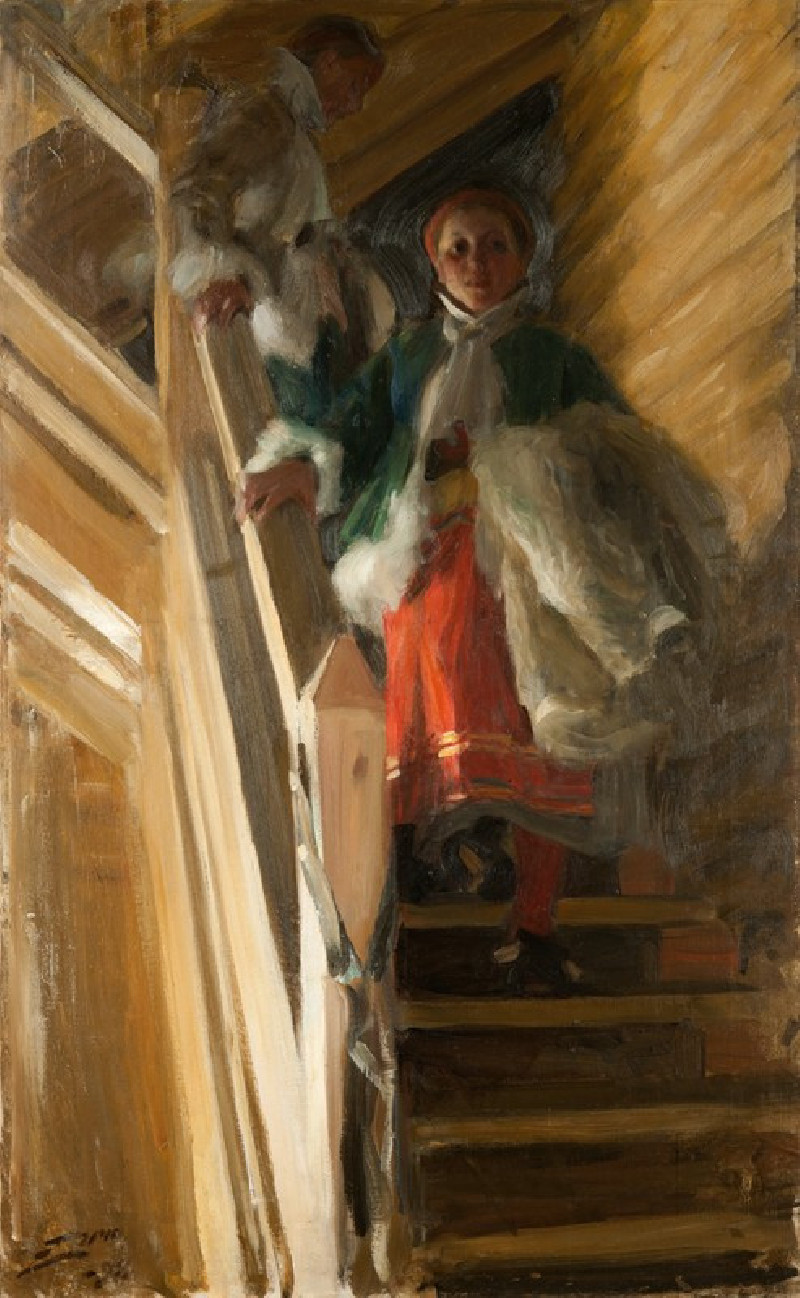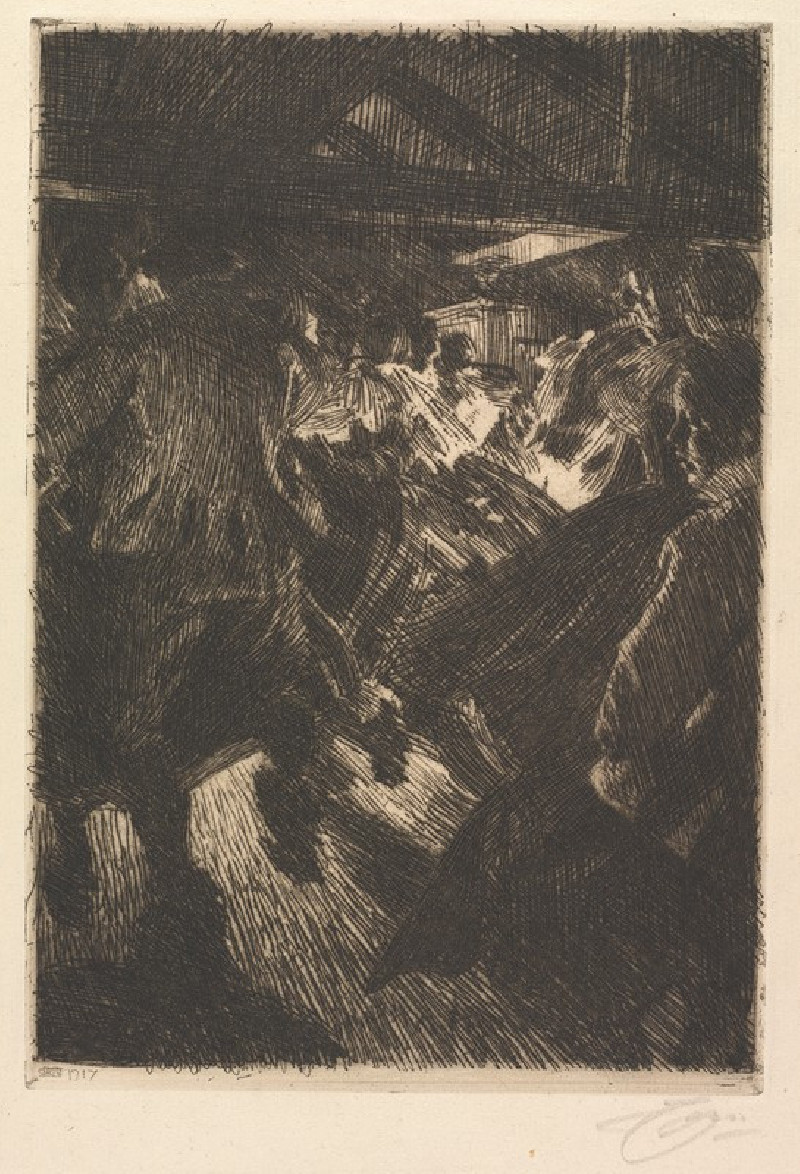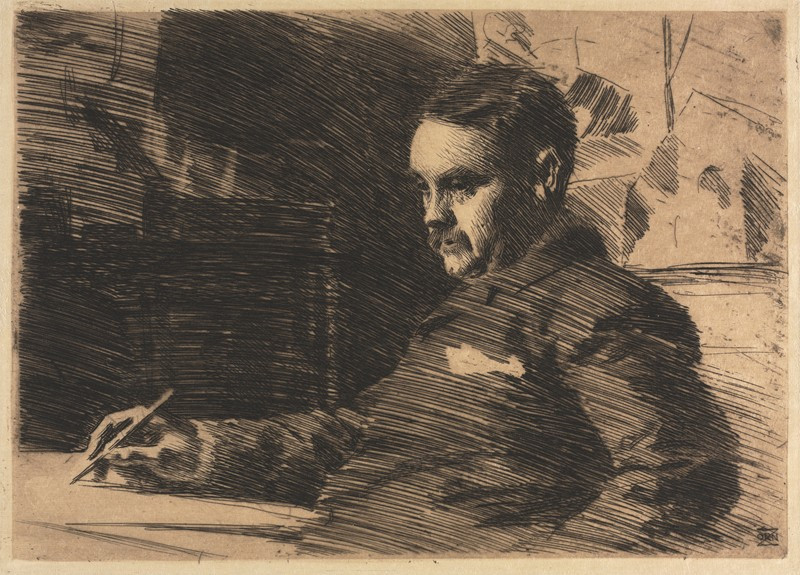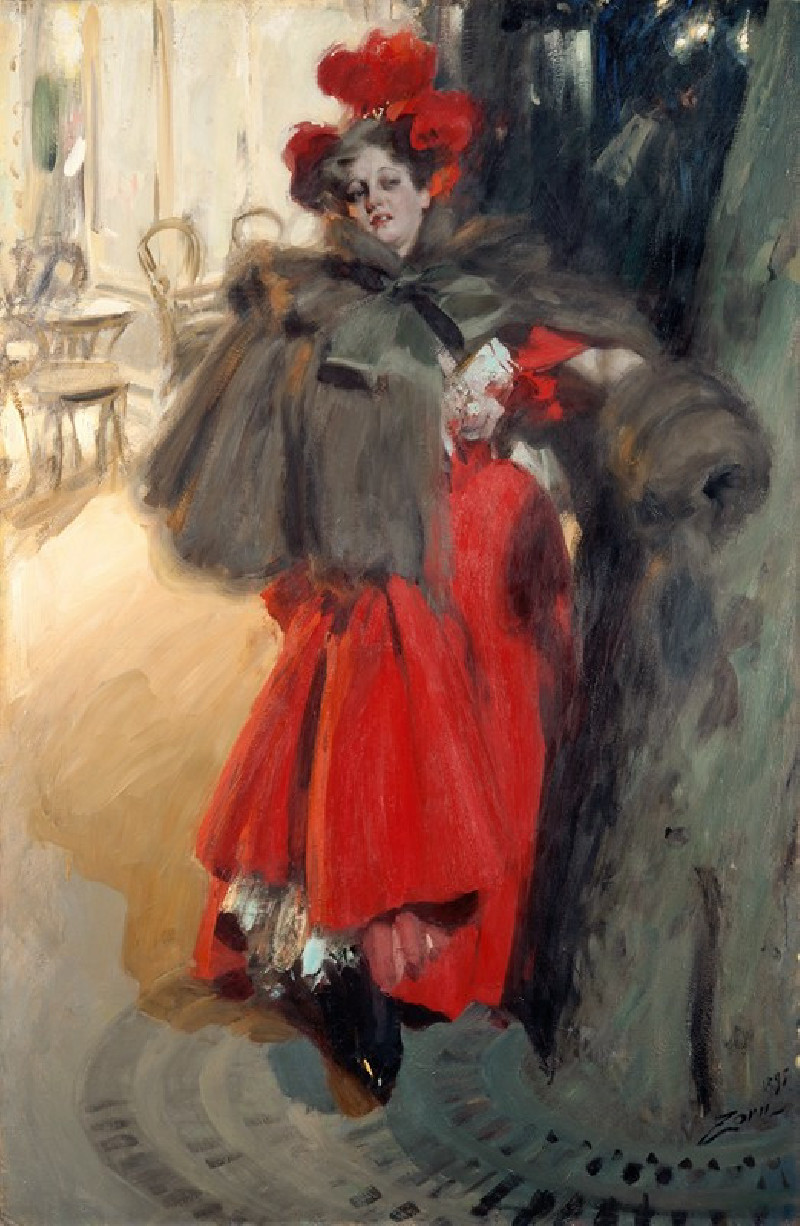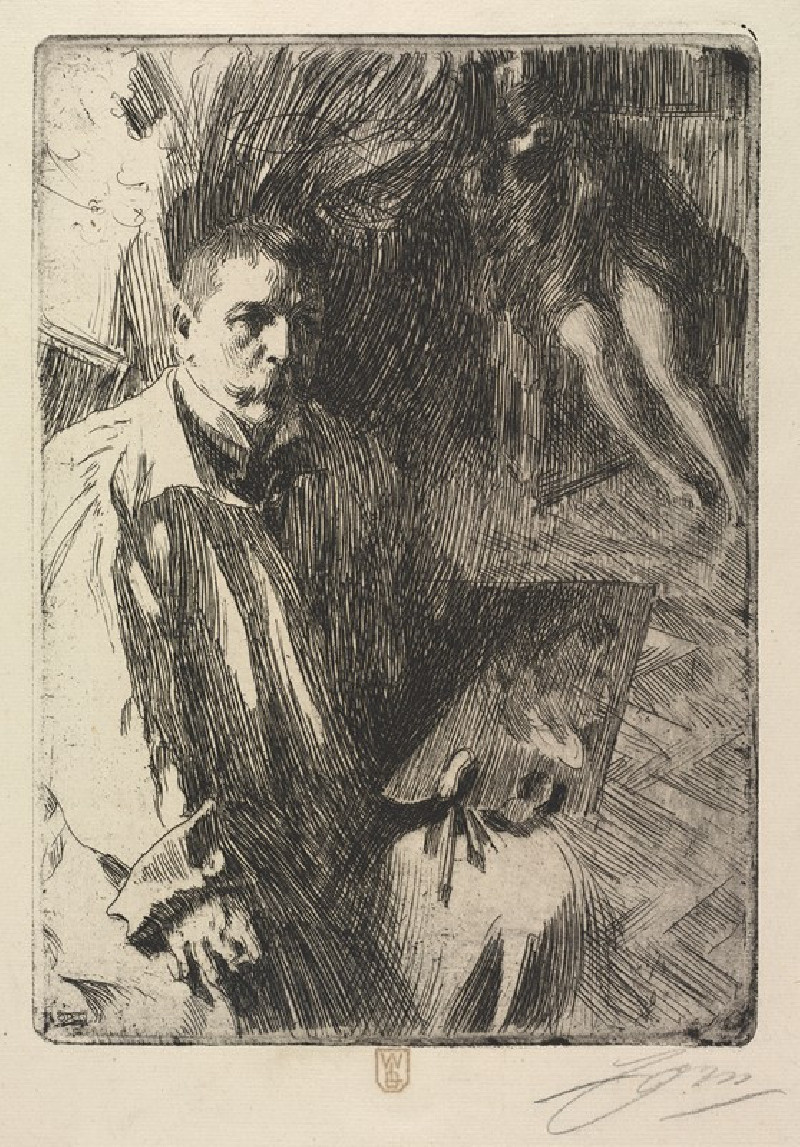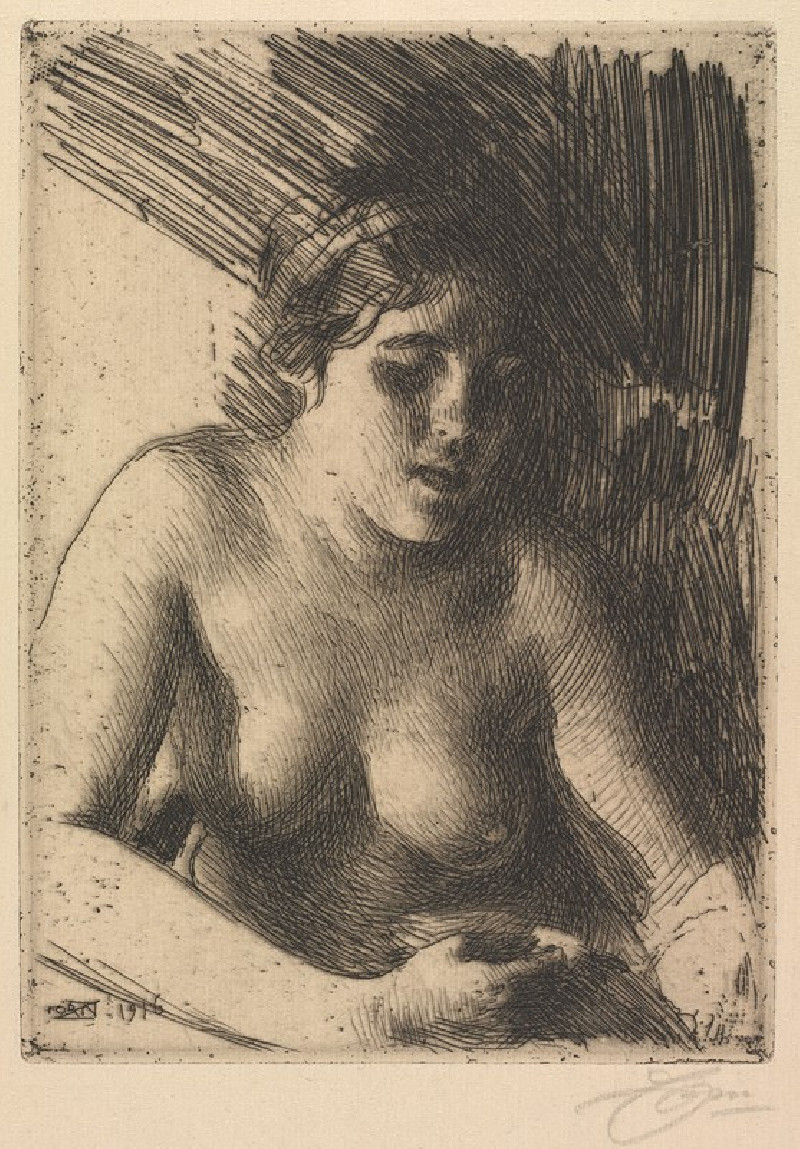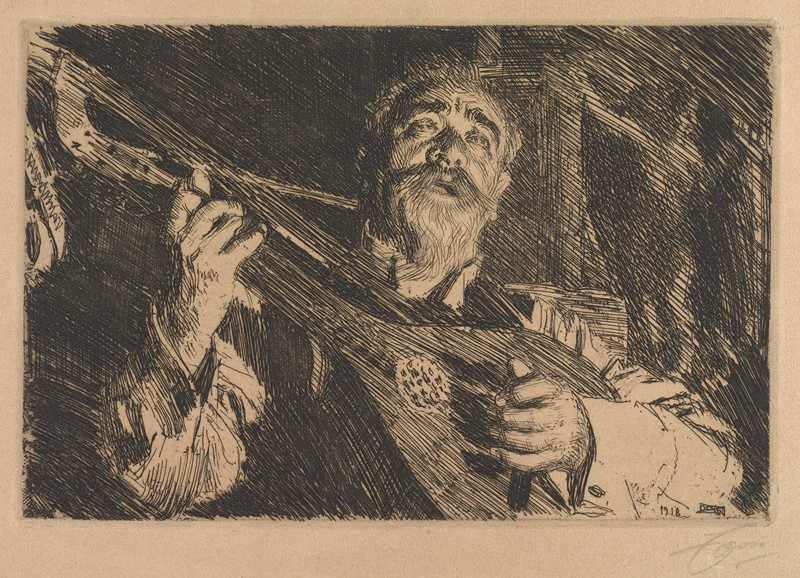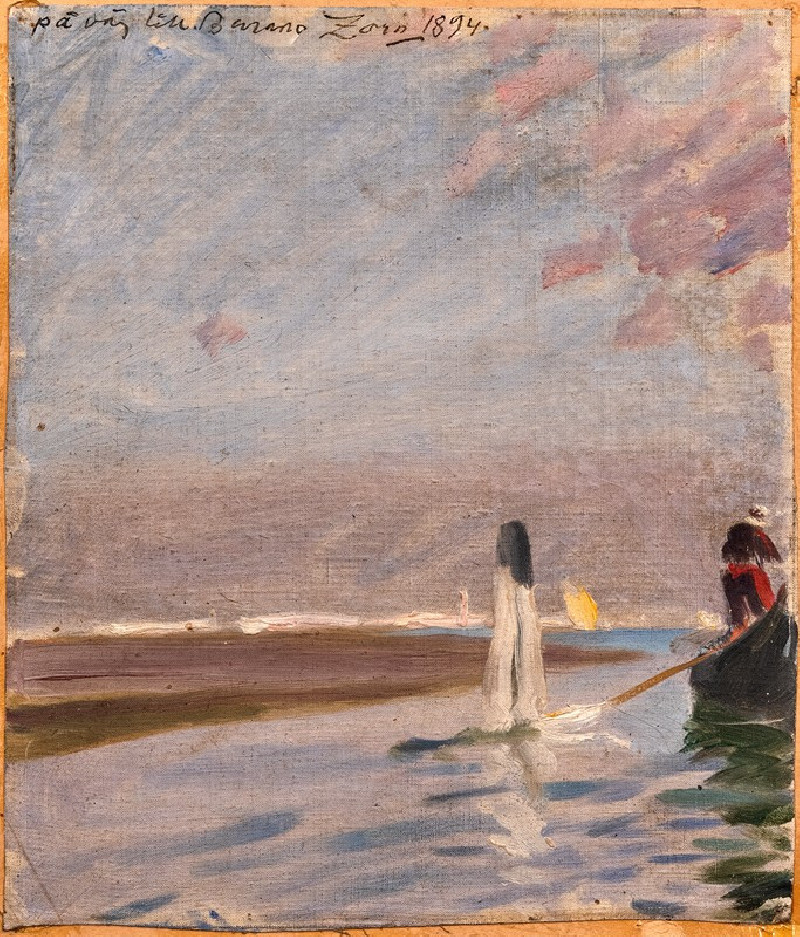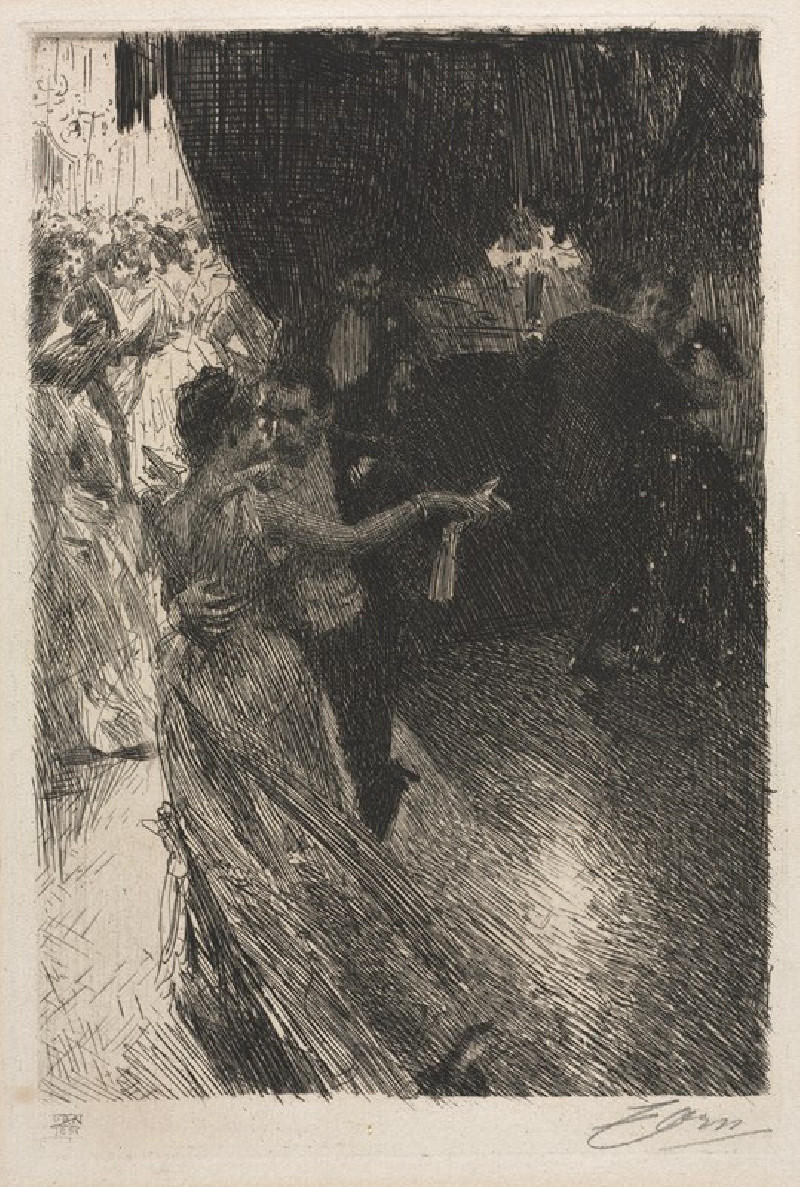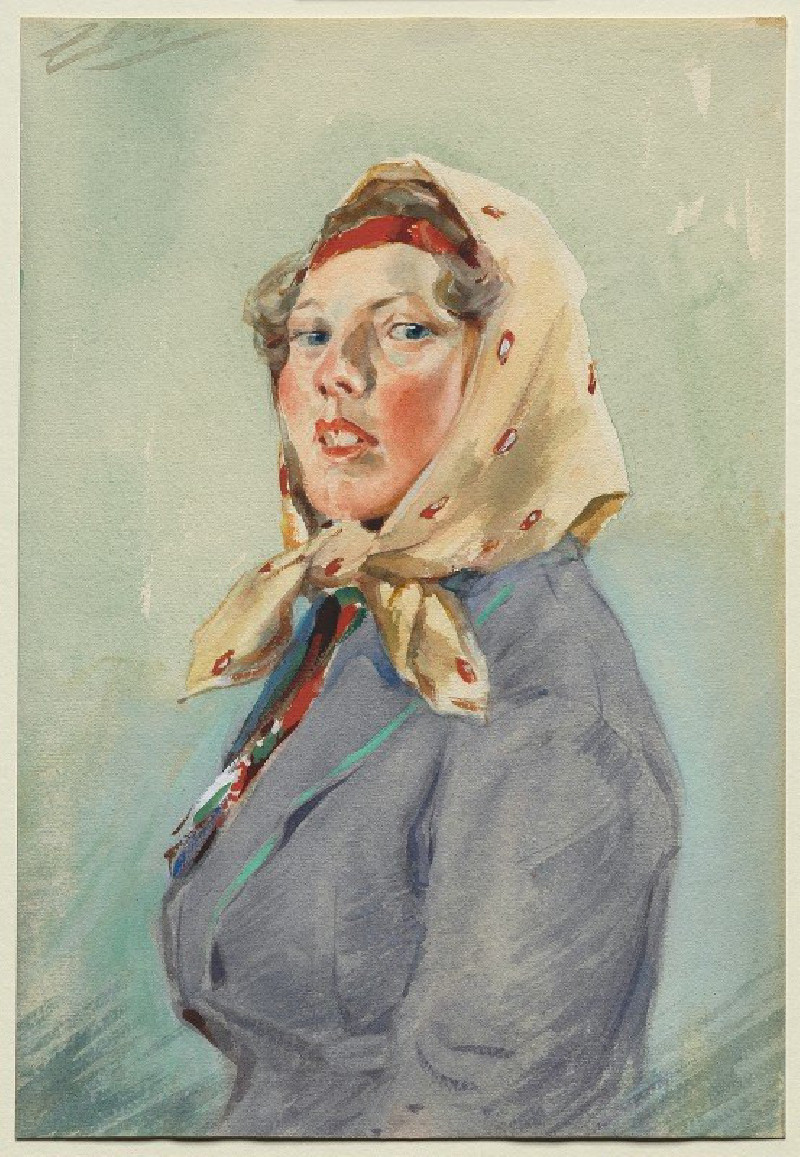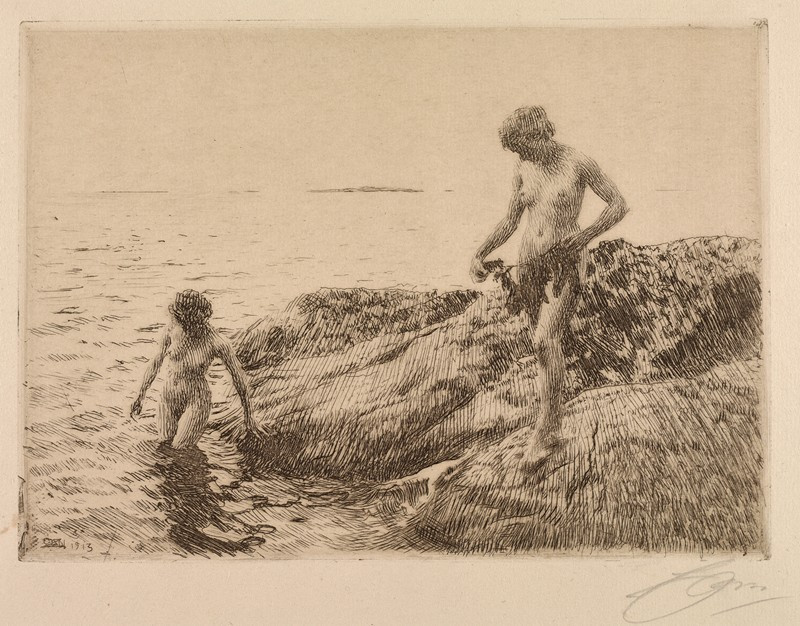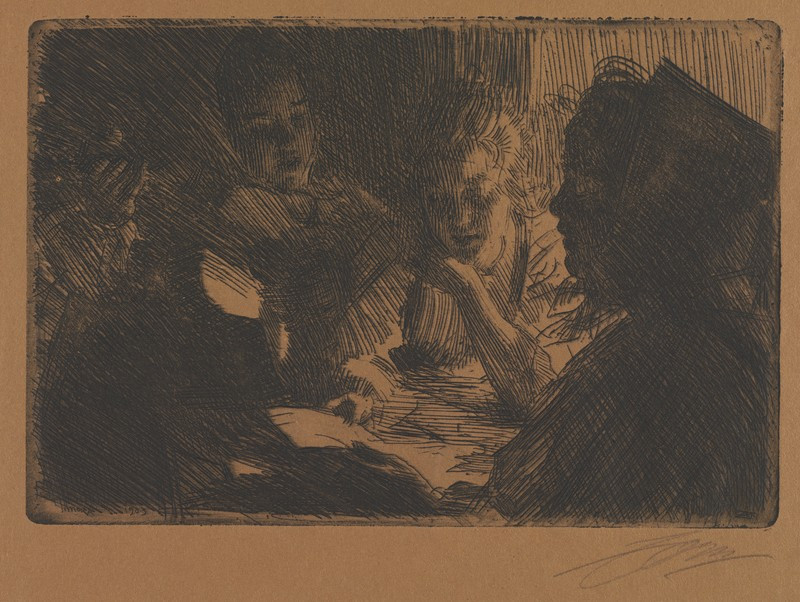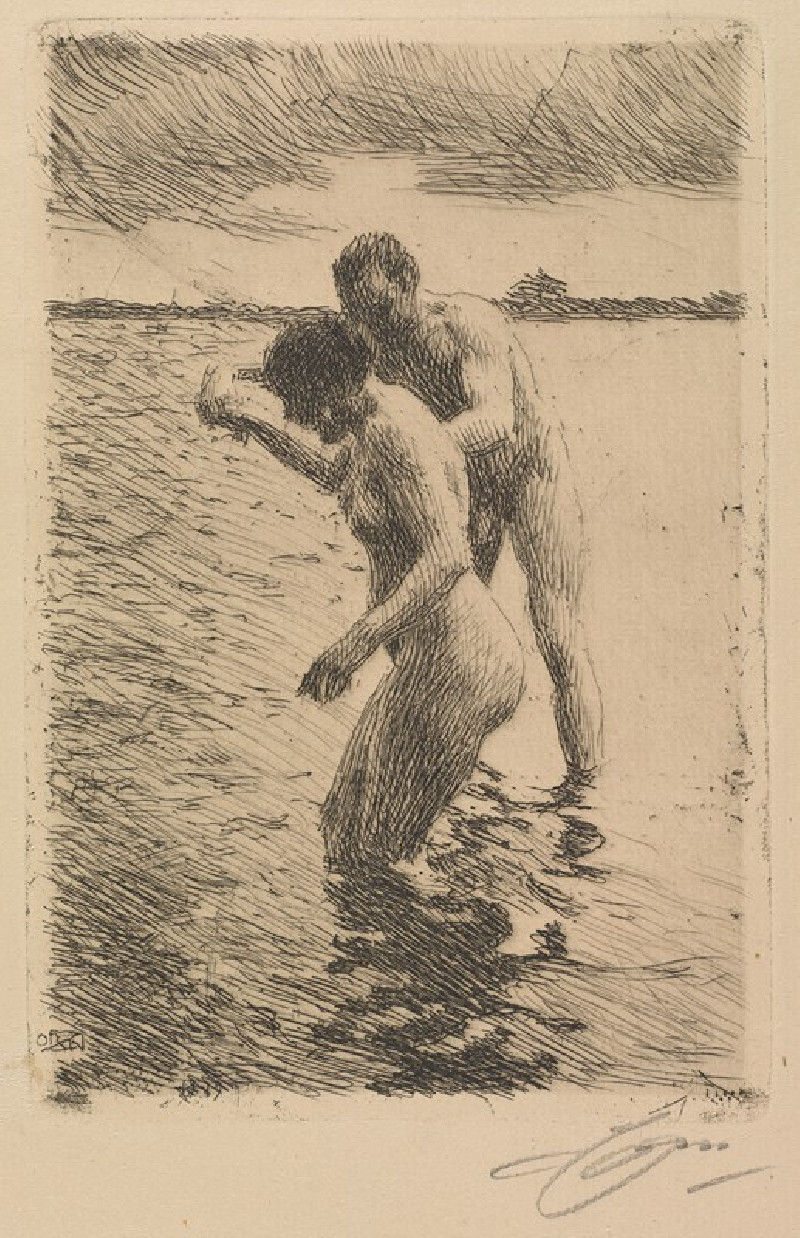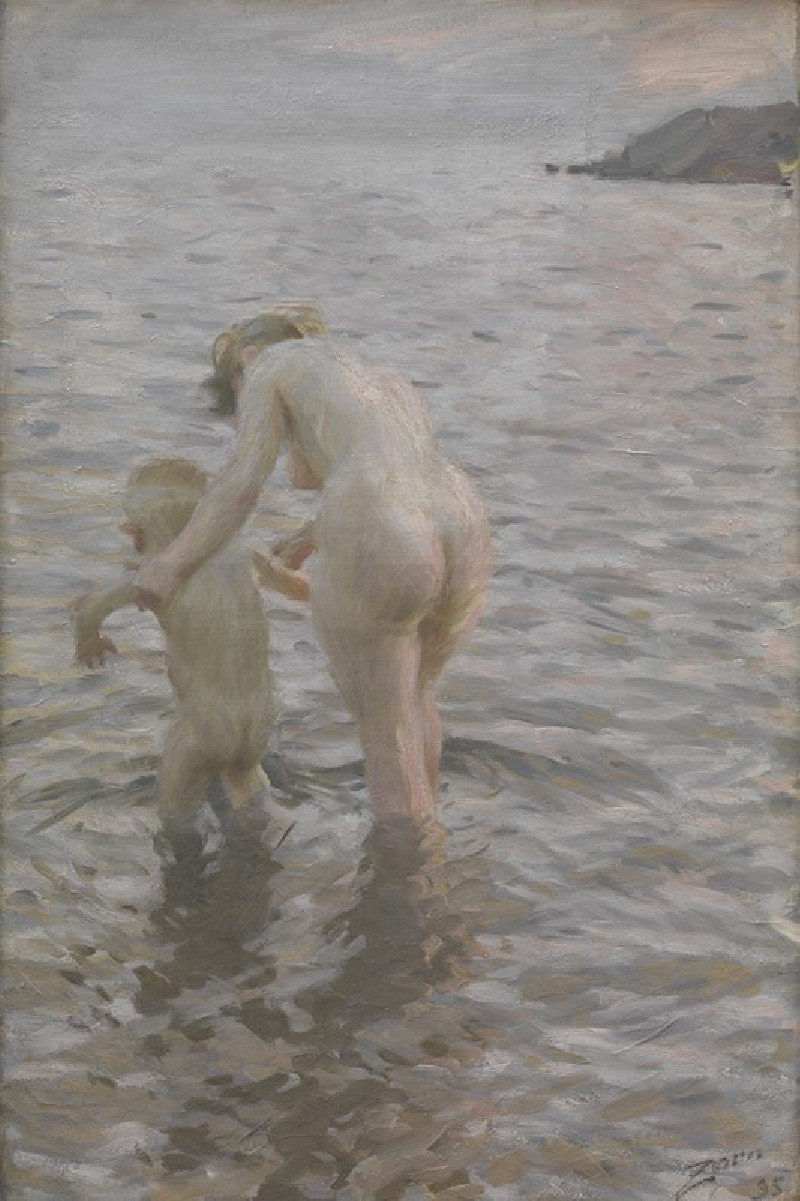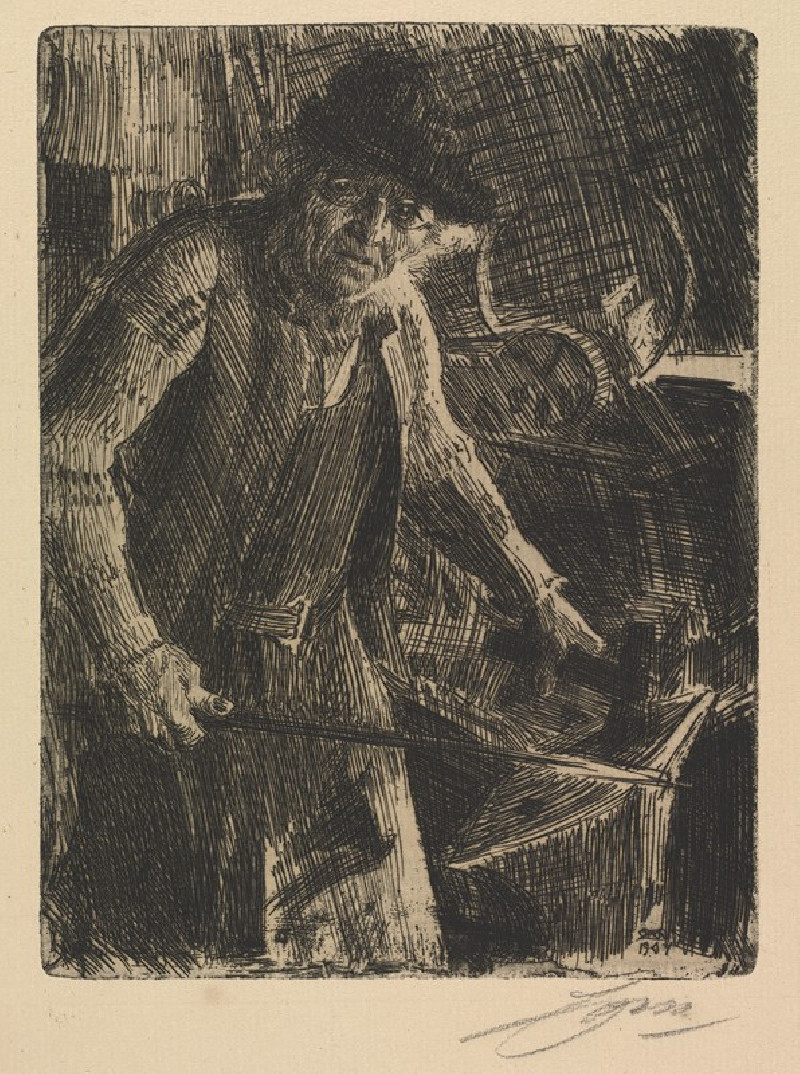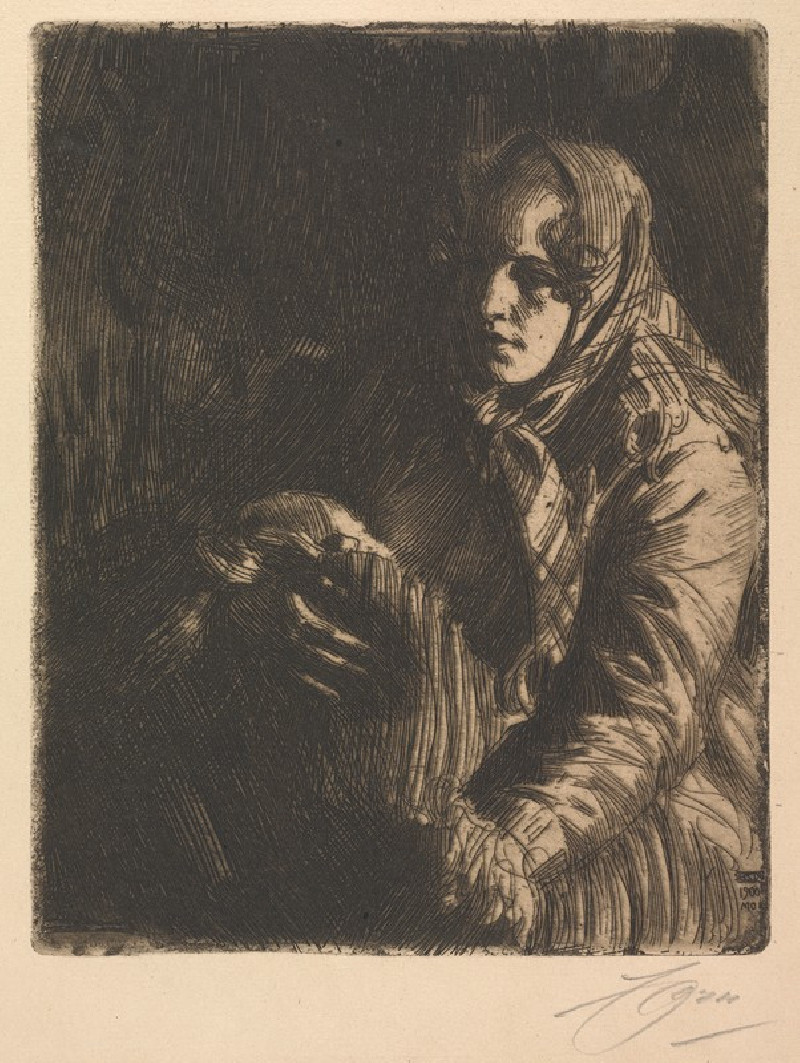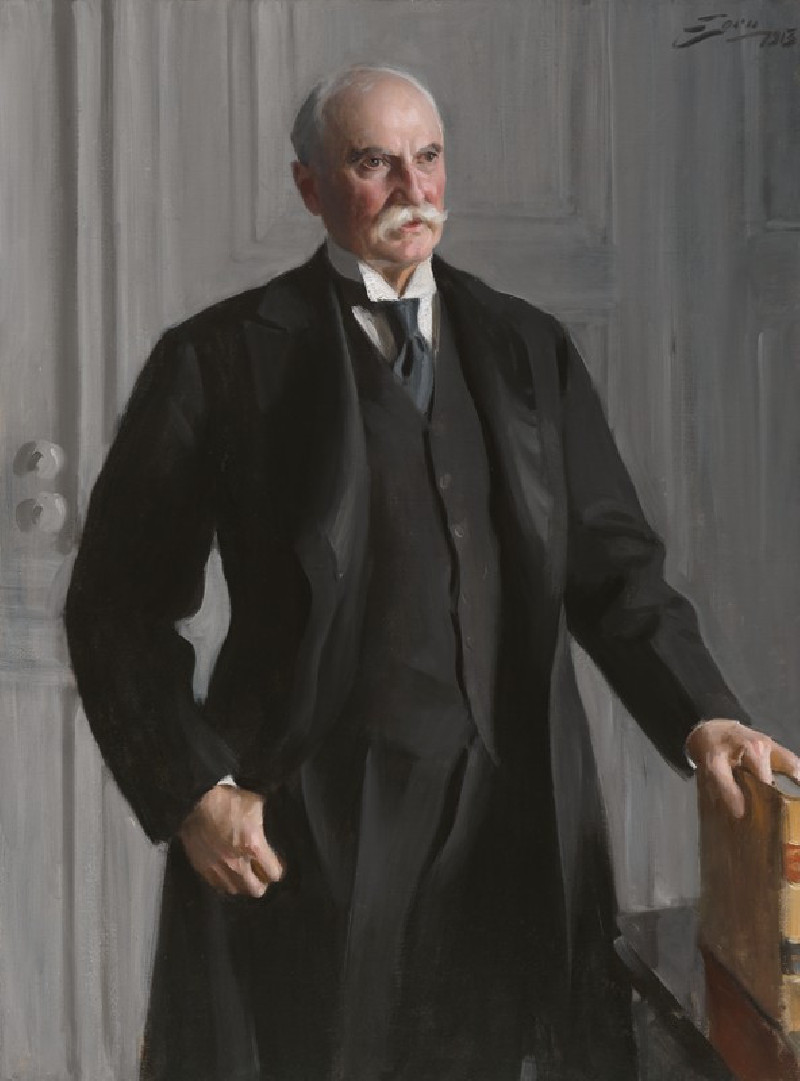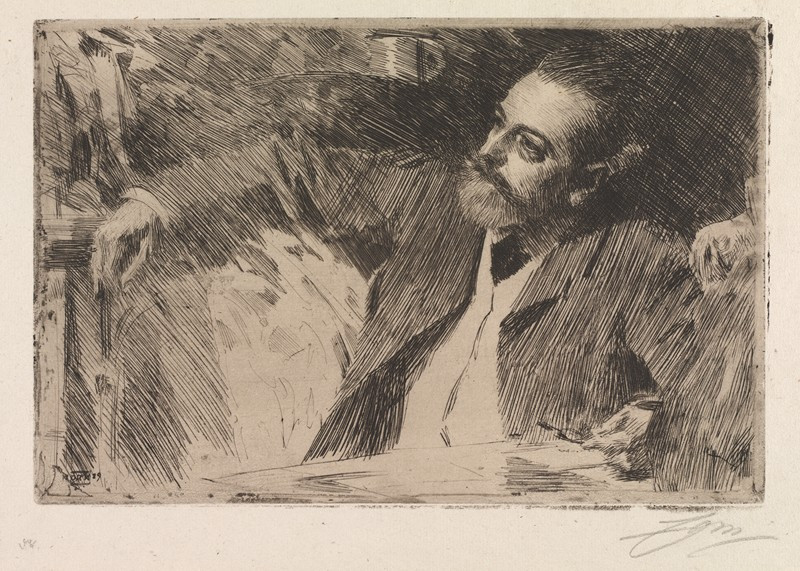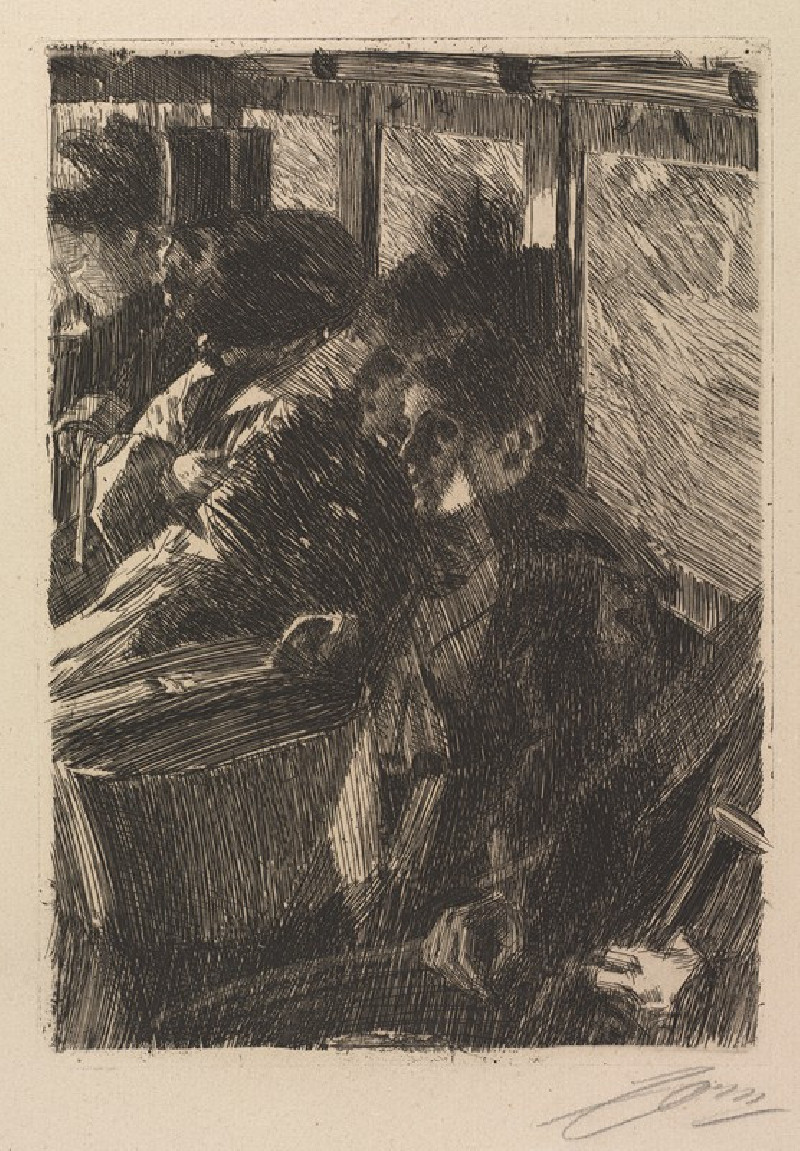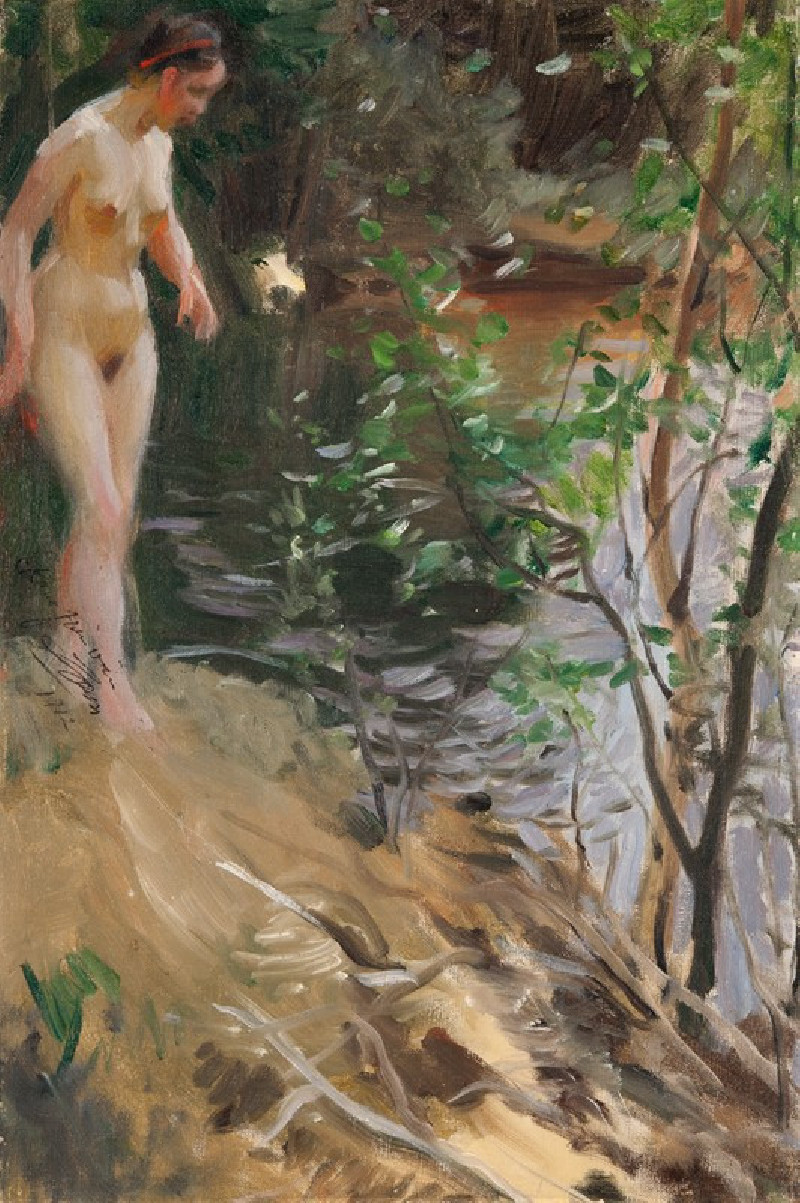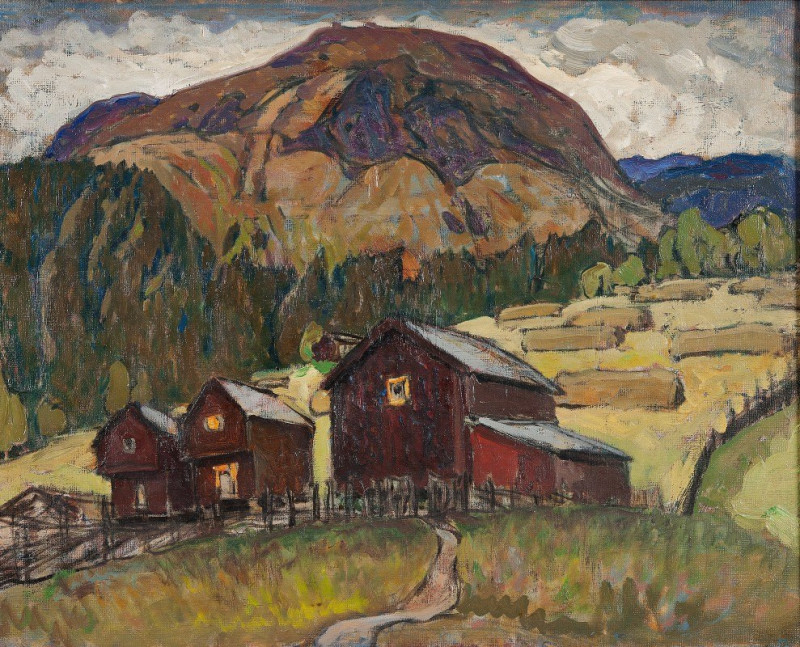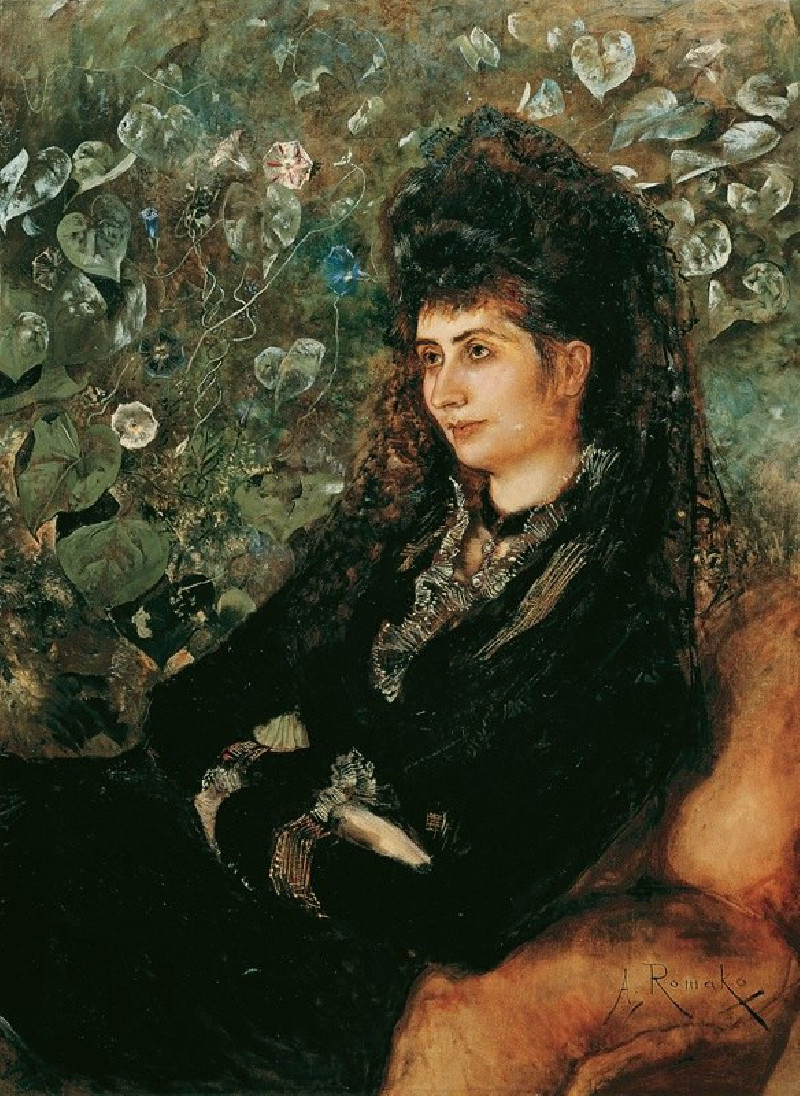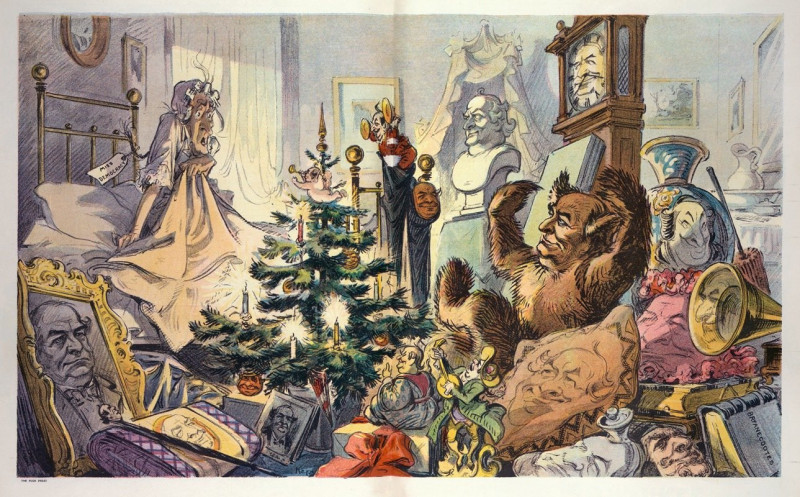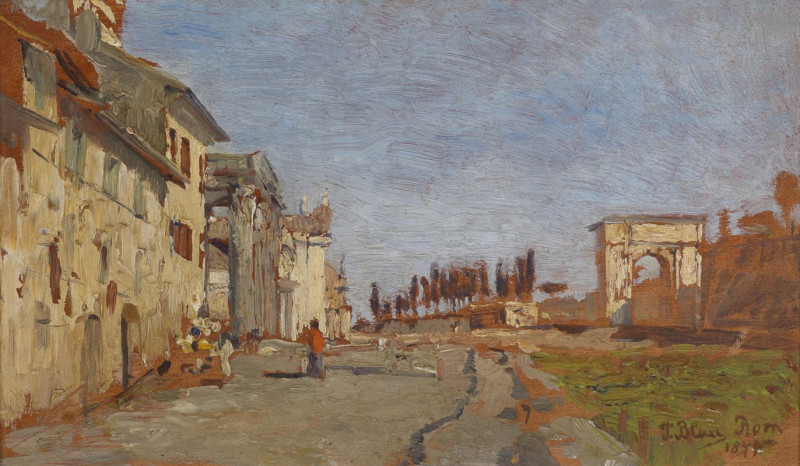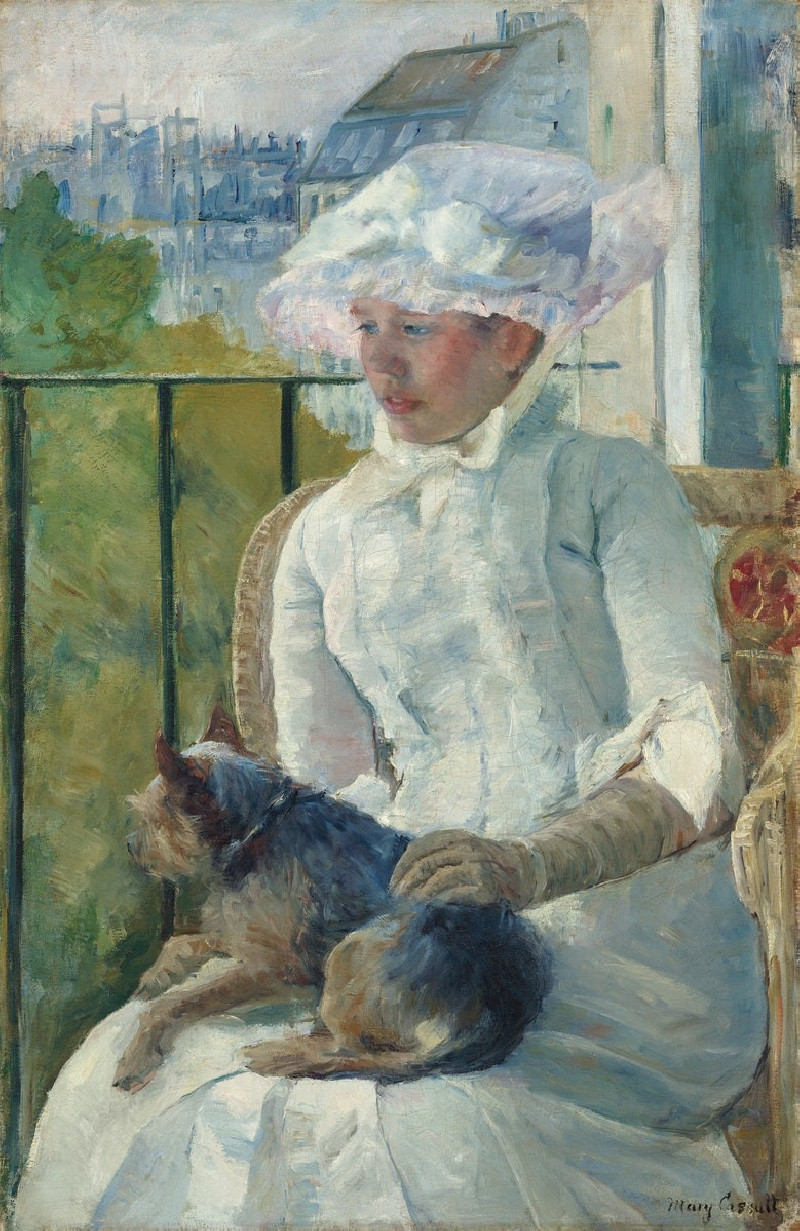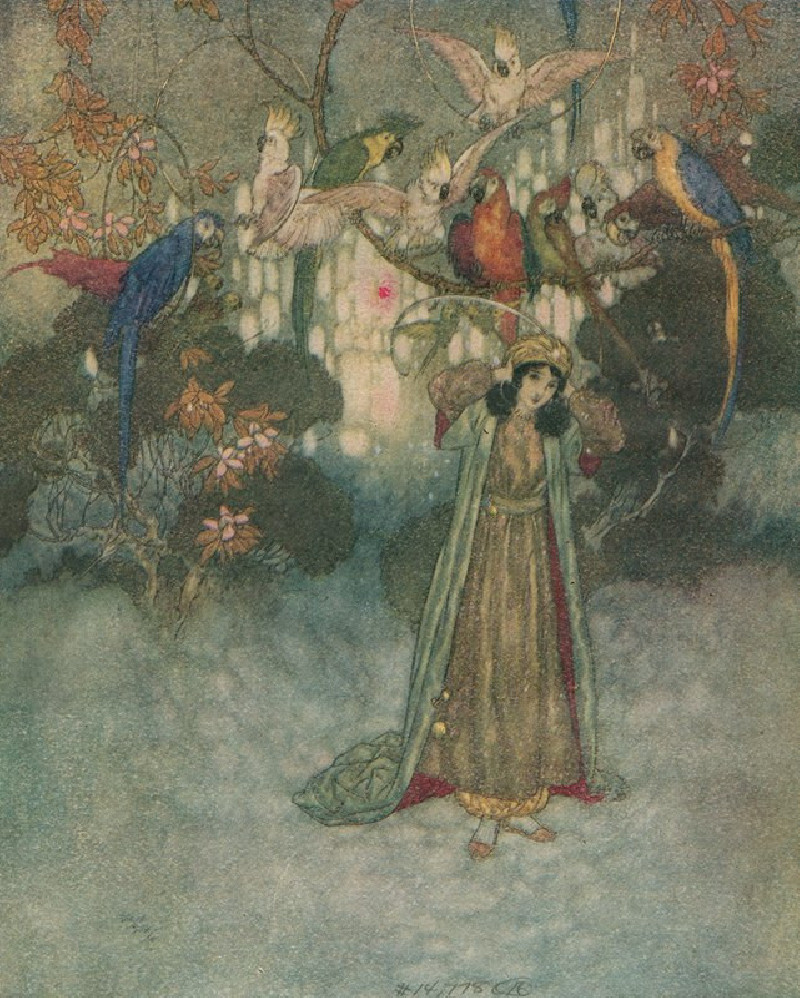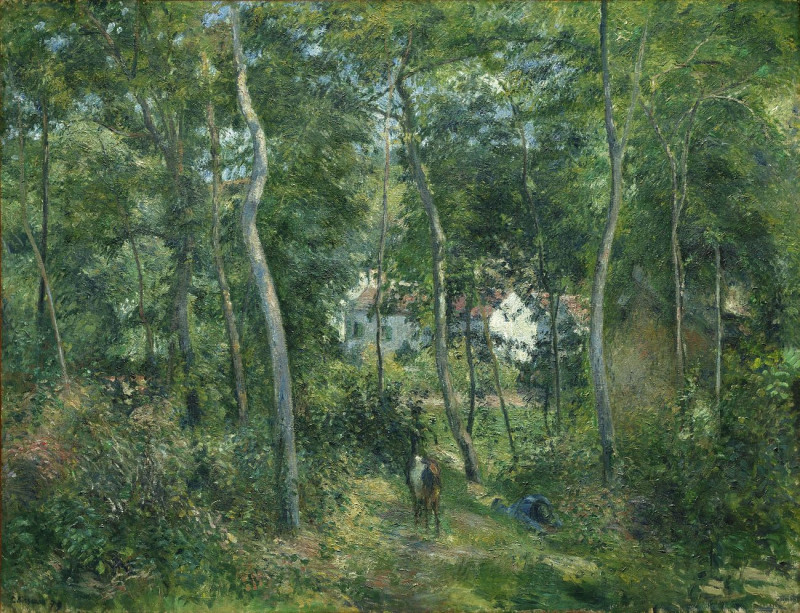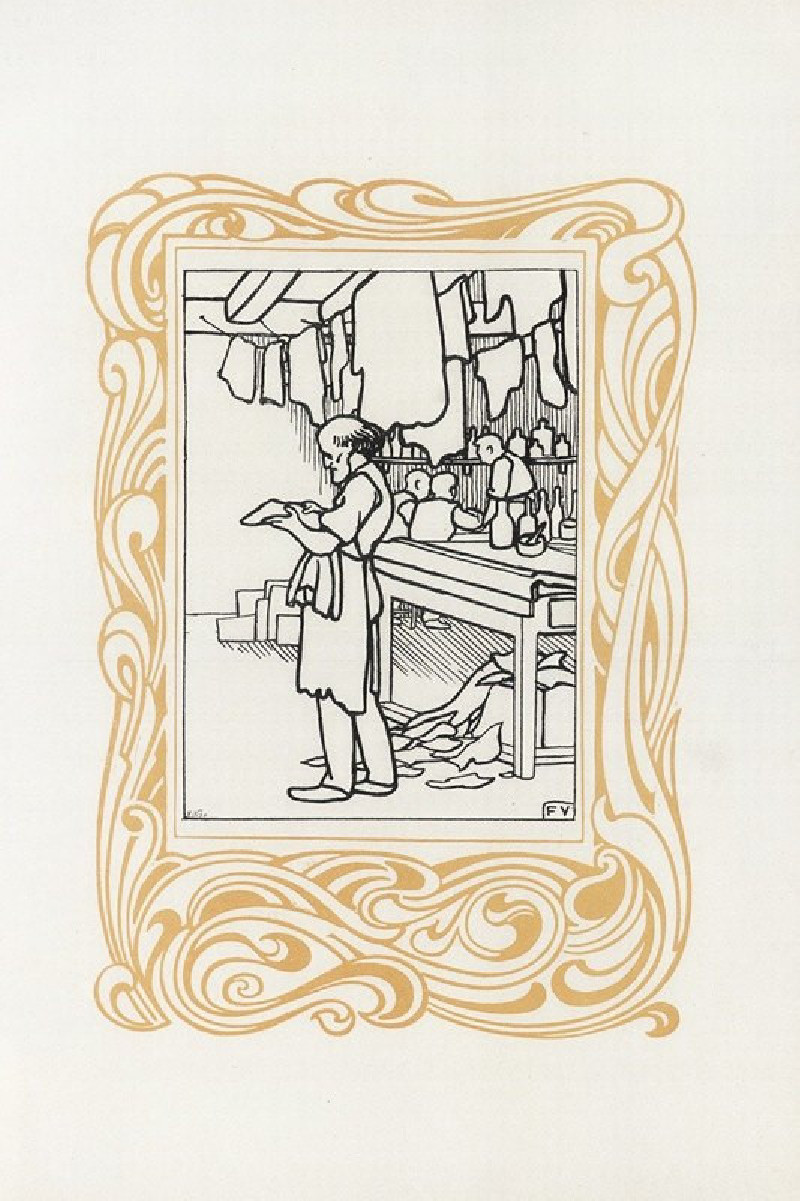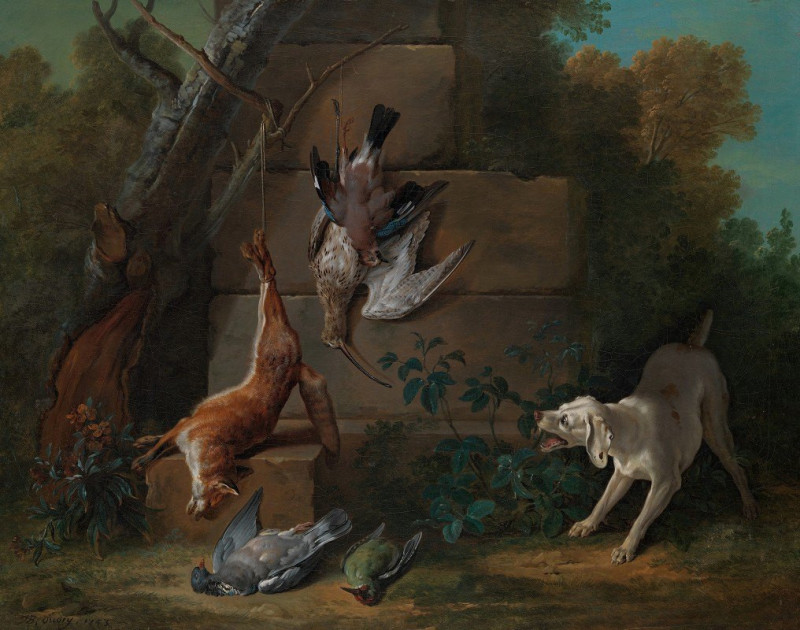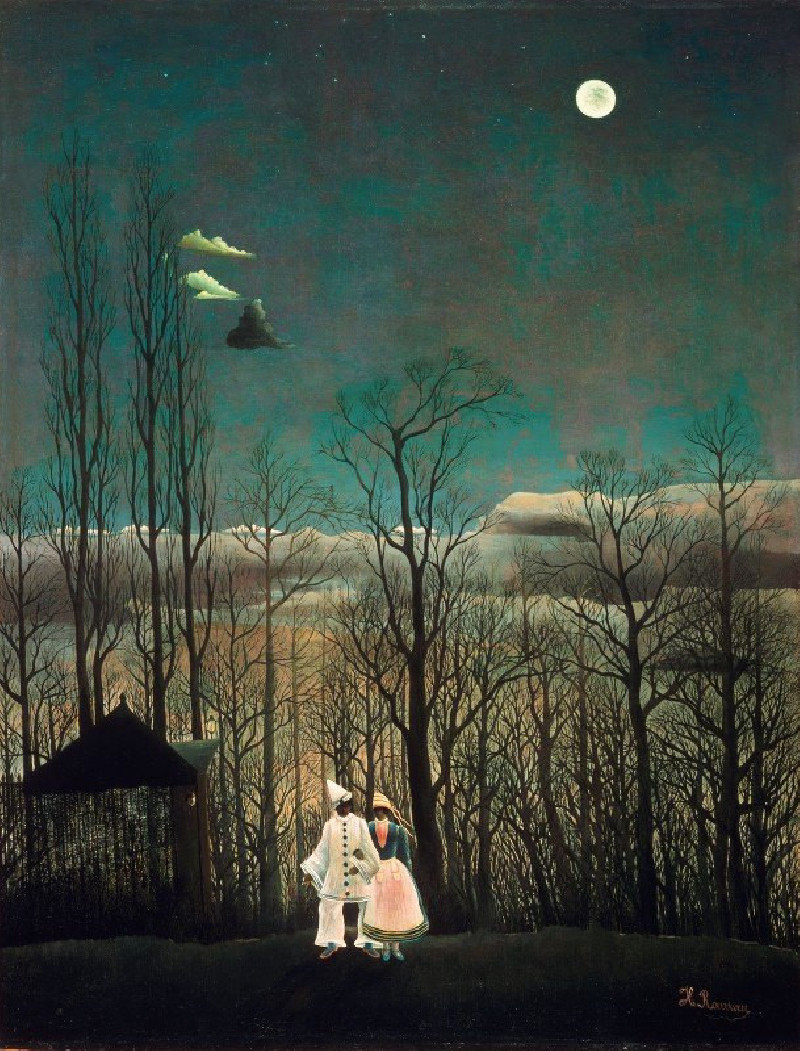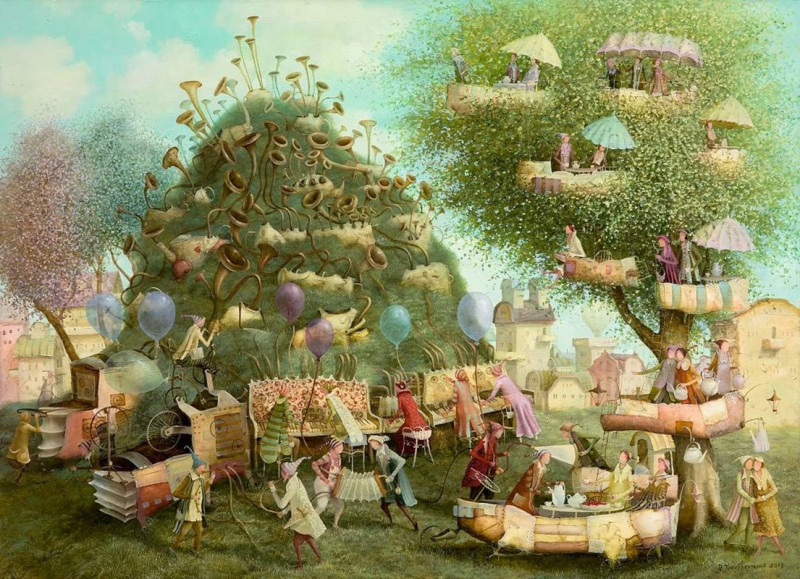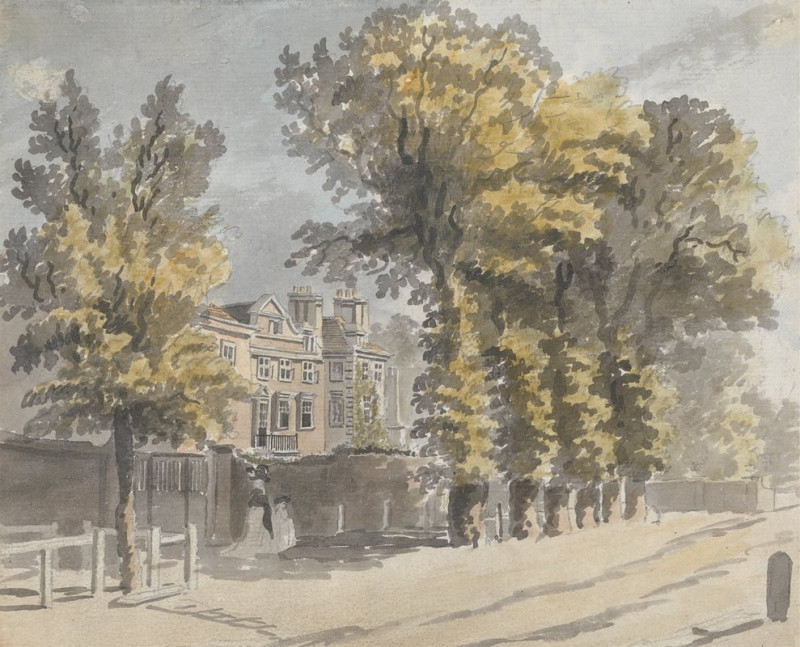Rosita Mauri (1889)
Technique: Giclée quality print
Recommended by our customers
More about this artwork
Anders Zorn, a renowned Swedish artist, captures the grace and poise of Rosita Mauri in this exquisite 1889 etching. The artwork portrays the elegant figure of Mauri, a celebrated Catalan dancer of the era, as she stands by a mirror, her reflection subtly hinted at in the background. Zorn's masterful handling of the etching technique is evident in the vigorous, expressive lines that convey texture and movement, creating a dynamic yet intimate portrayal.This composition showcases Mauri’s enigmatic presence, caught in a private moment. The details of her attire and the soft, ambient lighting accentuate her delicate features and the gentle contours of her dress, reflecting the artist's skill in capturing the subtleties of human expressions and the interplay of light and shadow."Rosita Mauri" is more than just a portrait; it is a sensitive depiction of a performer off-stage, revealing a personal side rarely seen by the public.
Delivery
Returns
Anders Leonard Zorn (18 February 1860 – 22 August 1920) was a Swedish painter. He attained international success as a painter, sculptor, and etching artist. Among Zorn's portrait subjects include King Oscar II of Sweden and three American Presidents: Grover Cleveland, William H. Taft, and Theodore Roosevelt. At the end of his life, he established the Swedish literary Bellman Prize in 1920.

